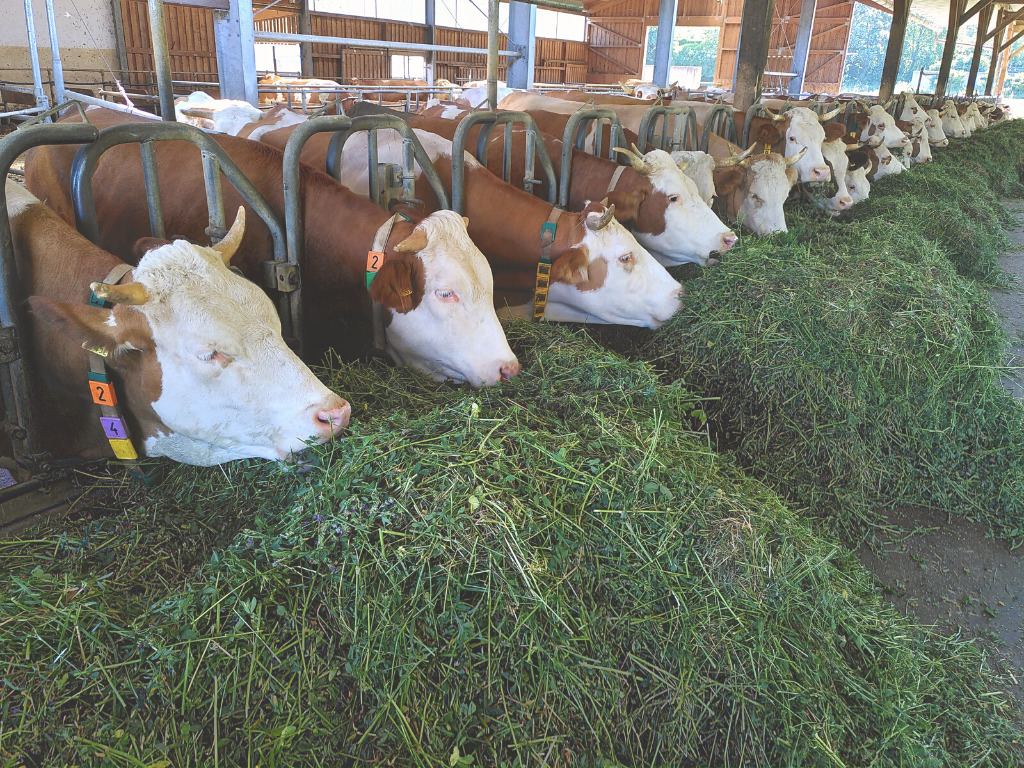
SciFi Foods has conducted the world’s first Life Cycle Analysis on cultivated beef and the findings show significant benefits for the planet.
Researchers at The Ohio State University (OSU) conducted the Life Cycle Analysis (LCA) on cultivated beef — the first peer-reviewed research on the climate impacts of lab-grown protein versus its conventional live animal counterparts. The findings were published in the journal Sustainability.
The researchers looked at burgers made from cultivated beef along with plant-based ingredients including soy protein, produced by ScIFi Foods, the Bay Area startup that emerged from stealth mode earlier this year.
The findings
According to the findings, the SciFi Foods’ burgers reduced greenhouse gas emissions by 88.5 percent when compared to conventional beef burgers. Energy use dropped more than 37 percent, land use dropped more than 90 percent, and water used dropped by nearly 97 percent when the beef was grown in bioreactors.
The researchers note that some parts of the process were very similar to conventional beef, such as cold storage, packaging, and distribution, but they note “there was little doubt overall that the SciFi Burger had a significantly smaller environmental impact.”

“There are many ways engineering and bioengineering is being utilized today to create a more sustainable future,” lead study author, Dr. Bhavik Bakshi, Richard M. Morrow Professor of Chemical and Biomolecular Engineering at OSU, said in a statement, “and this is just the onset when it comes to what science can do for the food system.”
While the study only looked at SciFi’s products, the researchers say the findings validate the entire category — a significant milestone as regulatory approval nears in the U.S., following Upside Foods’ recent FDA GRAS status.
‘Leaving a positive mark on the planet’
[W]e’re proud to prove that yes, what we’re doing is truly making an impact, because as much as this is about delicious burgers, the crux of it is about leaving a positive mark on the planet,” said SciFi Foods’ co-founder and CEO Joshua March.

The researchers say the study does not assume exclusive use of renewable energy, suggesting a shift to renewable resources could prove even more climate-friendly than conventional cattle farming.
Animal agriculture is a leading producer of emissions. According to the OSU researchers, agriculture and the food industry is responsible for 25 percent of all global emissions. The world’s leading climate scientists and public health organizations have called for drastic dietary shifts to reduce animal products in order to meet the Paris Agreement target of keeping temperatures from rising more than 1.5°C.
The post The First LCA on Cultivated Beef Shows 88% Fewer GHGs Than Conventional appeared first on Green Queen.
This post was originally published on Green Queen.